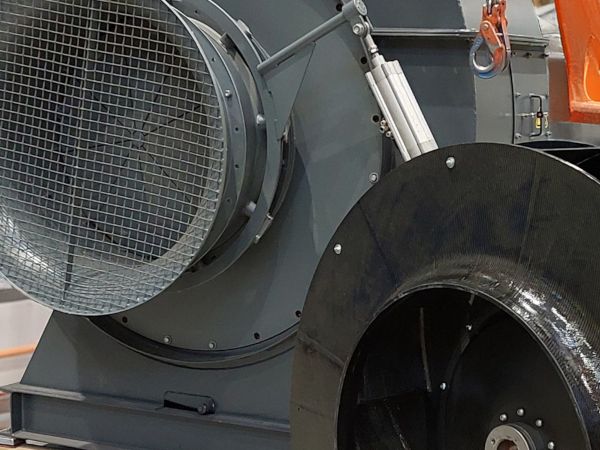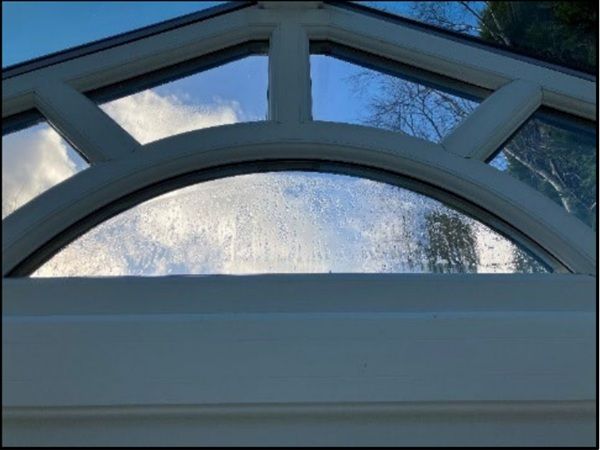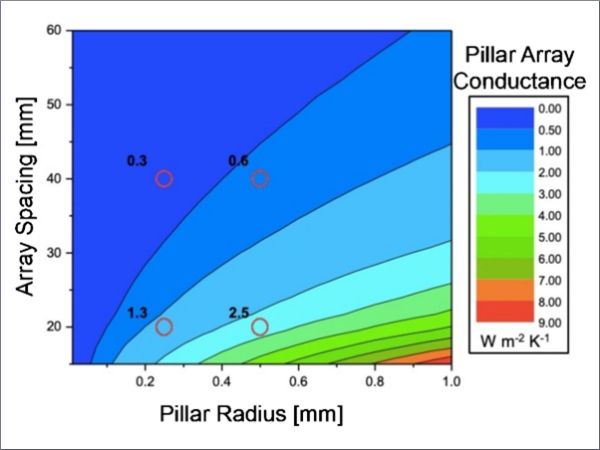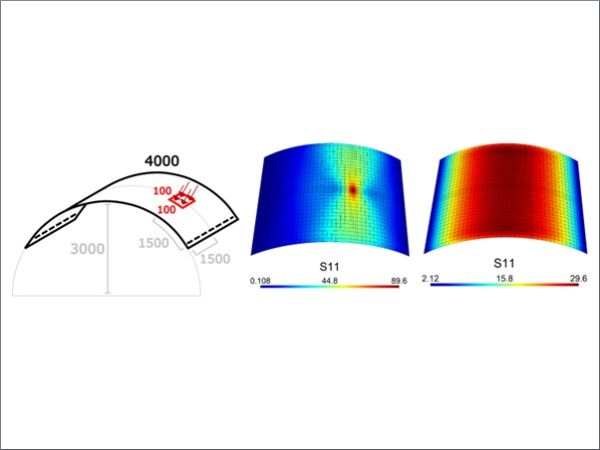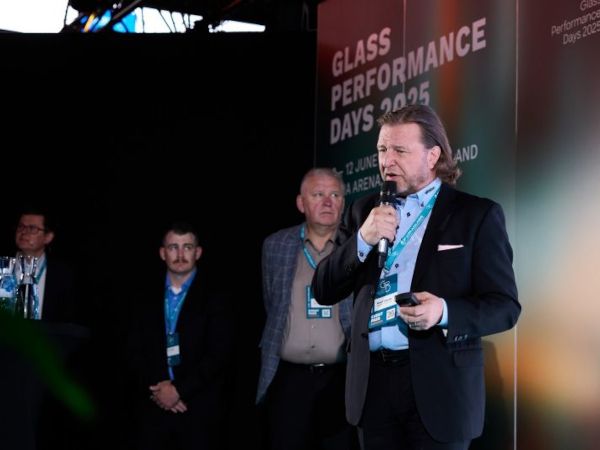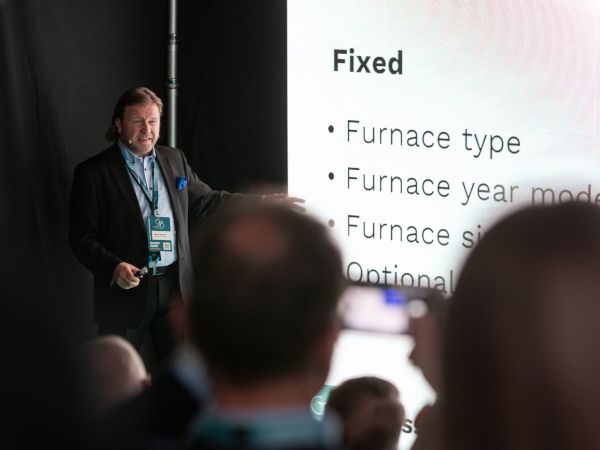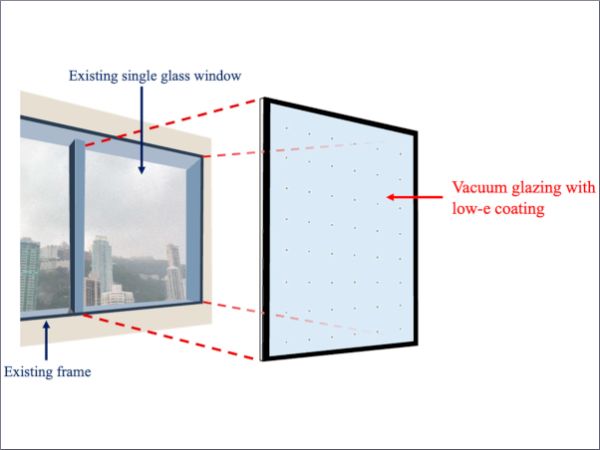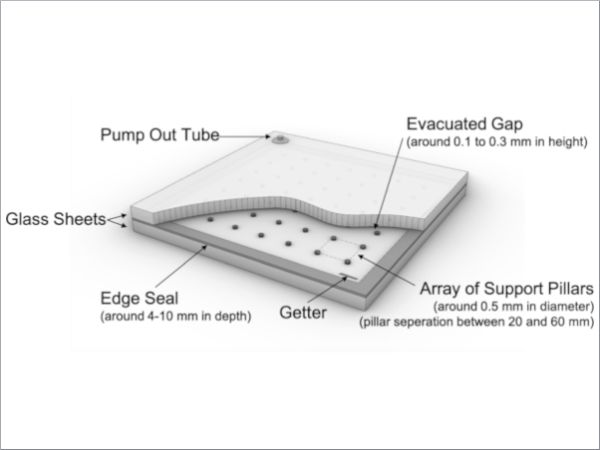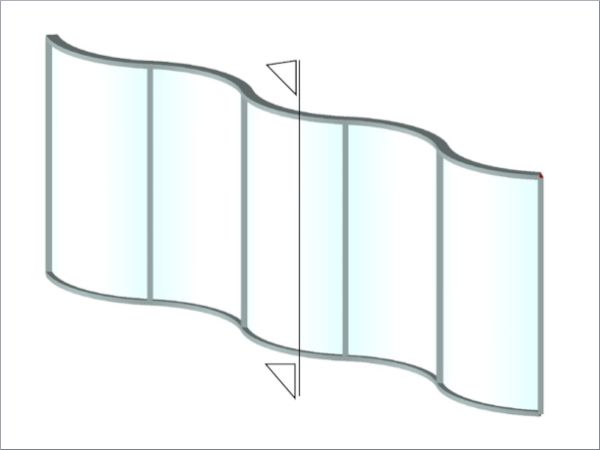Others also read
| Reducing energy consumption in glass tempering is no longer optional — and new cooling innovations are making it achievable.
| Latest on Glastory by Robert Jenks: Improving your performance for a lifetime - Smart strategies for glass processing line success (Part 2/2)
| Smart glass, simplified. Meet OSSE, Organic Semiconductor Materials for Sustainable Electronics, from the University of Turku.
| In Part 1 of the new Glastory blog series, the article explores how production uptime becomes a competitive advantage and which strategies help keep operations smooth and businesses strong.
| In this seventh episode, we’re exploring how dynamic mixing enhances sealing quality and speed.
| At Step Change 2025, ReViSalt demonstrated how its innovations are reshaping the future of glass strengthening.
| In this sixth episode, the focus is on how to assemble and gas-fill IG units synchronously.
| Fresh from Step Change 2025, Lithium Designers GmbH, the Frankfurt-based innovators transforming façade planning through parametric design and 3D-printed nodes, shared their insights on how technology is reshaping the future of architectural design.
| The path to low-carbon, high-performance facades depends on mastering the long-term thermal behavior and lifecycle performance of Insulating Glass Units (IGUs).
| At Step Change 2025, in connection with Glass Performance Days 2025, eLstar Dynamics wowed us with their smart glass tech that dynamically shifts from ultra-dark (0.1% transparency!) to crystal clear (up to 70%).
| A new study explores how the size, shape, and material of tiny support pillars in Vacuum Insulated Glass (VIG) impact both its thermal efficiency and mechanical strength — offering analytical tools to optimize VIG design for better performance.
| In this fifth episode, the focus is on how the new TPS® PRO Applicator achieves up to 15% higher yield.
| A new advanced FEM model has been developed to accurately simulate the nonlinear behavior of Insulating Glass Units (IGUs), including curved configurations, offering higher precision and faster computation compared to commercial software.
| In this ninth episode of #AskGlaston flat tempering series, we explore how to optimize energy efficiency in the case of short loadings.
| In this fourth episode, the focus is on how to clean glass plates efficiently.
| In this eighth episode, we delve into optimizing energy efficiency in Low-E production.
| How do you move glass plates without a single scratch?
| Discover how TPS® boosts IGU longevity and energy performance in this Glastory blog and download the presentation.
| In the seventh episode of the #AskGlaston flat tempering series, the focus is on the Tempering Autopilot.
| Dive into the blog to learn how cutting-edge solutions are making ultra-thin glass production possible—and scalable.
| In this sixth episode of #AskGlaston flat tempering series, we explore how to avoid loading delays in tempering.
| As labor shortages and efficiency demands grow, automation is transforming glass tempering—starting with AI-driven batch building that boosts productivity, cuts energy use, and maximizes furnace performance.
| Retrofitting buildings is key to boosting energy efficiency and climate resilience, especially in dense, subtropical cities like Hong Kong.
| Vacuum insulating glass (VIG) has demonstrated competitive Ug-values (heat transfer coefficients) which show promise to further reduce energy consumption from buildings.
| This paper is a discussion about concepts to minimize the glass thickness as much as possible for a usage of thin glass for insulated glass.

